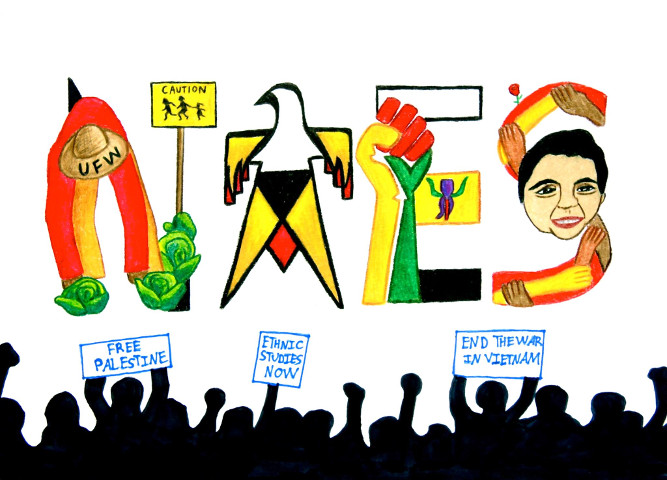Ethnic Studies Review

Orginal Publication Date
2009
Journal Title
Ethnic Studies Review
Volume
32
Issue
esr/vol32/iss2
First Page
i
Last Page
iv
Abstract
Since the passing of two high-profile state legislative bills aimed at Arizona's Latino residents this past April, the significance of ethnicity for American citizens has once again surfaced as a topic for national debate. Whether to legitimize, or just as frequently deny, what defines American identity, the question and meaning of one's ethnic roots continues to be a contested matter for many Americans. In particular, HB 2281, a bill targeting the restriction of ethnic studies curricula in Arizona's K- 12 educational system, has prompted accusations that Ethnic Studies scholarship and teachings work against a unified sense of nationhood by encouraging separatism and anti-American sentiment. Yet, as most Ethnic Studies proponents would counter, it is instead the artificial notion of a monolithic American identity, predicated upon a hegemonic rendering of what it is to be an American, that promotes divisions and distrust within a nation. In either case, the ambivalence over how to read the ambiguities of race and ethnicity implicit in U.S. citizenry underscore the ongoing need to address them. As such, the six authors featured in this issue provide fresh and thoughtful examinations of how race and ethnicity complicate understandings of self. Although diverse in content, the articles collectively consider the effects of how the ambivalence of ethnic origins both expand and challenge the meaning of American identity.
Rights
Copyright ©ESR, The National Association for Ethnic Studies, 2009



Comments
Ambivalence of Origins